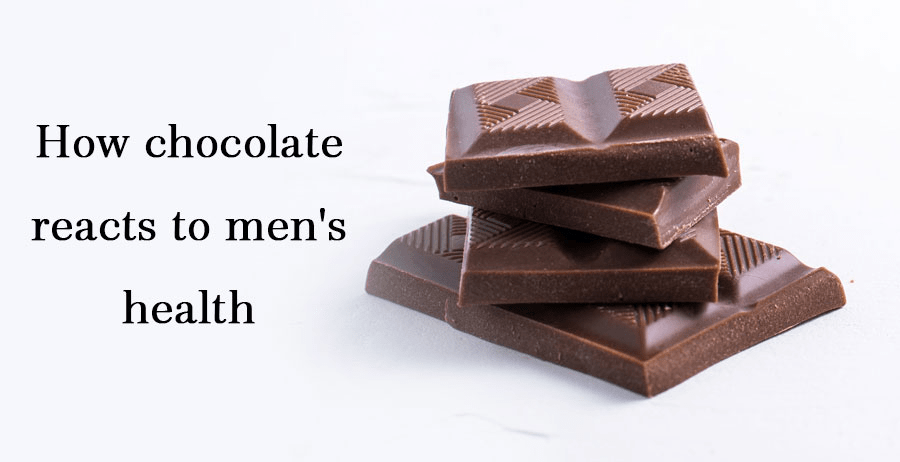Men over the age of 50 may have the following problems: gradually feel powerless in sexual life; emotions become prone to irritability and irritability; Male Menopause is not easy to fall asleep at night or sleep after waking up in the middle of the night; at the same time, physical strength is not as good as before. Do these changes mean that they are also suffering from “menopause”?
Objective factors other than age
The Physiological Transformation of men can be seen in the gradual reduction of the secretion of male hormones and the decline in the ability to produce sperm. The reduction of male sex hormone production and secretion due to age increases is called “male menopause”.
In addition to being affected by age, it is also affected by genetics, environment (such as obesity, stress), psychosocial level (such as depression, alcoholism, smoking, drugs) or social factors (such as eating habits, health conditions). Therefore, it is necessary to consider that male menopause is not purely an increase in age, and other factors accompany it.
Symptoms of Male Menopause
Male Menopause can produce physical, sexual, and Psychological difficulties. They typically worsen as you become older. They can include:
- low energy
- depression or sadness
- decreased motivation
- lowered self-confidence
- difficulty concentrating
- insomnia or difficulty sleeping
- increased body fat
- reduced muscle mass and feelings of physical weakness
- Gynecomastia, or development of breasts
- decreased bone density
Whether to use medicine is still inconclusive.
To alleviate the symptoms of menopause, whether men must use Androgens to treat, how to use, how much does, and so on. So far, there is no conclusion.
At present, the following potential risks of using Androgens are observed, including stimulating the growth of benign and malignant prostates, reducing the concentration of high-density cholesterol, and thereby increasing the chance of coronary artery disease. This is similar to the situation where women use progesterone to prevent the risk of endometrial cancer caused by estrogens.
Menopause is different between men and women
Regardless of men and women, with increasing age, gonadal function will decline. Therefore, the word “menopause”, which is commonly used in women’s physiological changes, is also theoretically applicable to men.
The process of aging regardless of gender. Menopause is an obvious message of menopause. With the rapid and complete loss of ovarian function, rapid bone loss, changes in sleep and behavior, vaginal atrophy, and loss of fertility have also appeared. Men gradually reduce the ability to secrete male hormones and produce sperm. The reduction of male sex hormone production and secretion due to age increases is called “male menopause”.
Physiological changes are not as significant as women.
In general, male hormones gradually decrease after the age of 50. About 7% of men between 40 and 60 years of age are below normal, about 20% of those between 60 and 80 years are below normal, and about 35% of those above 80 are below normal.
This stems from the decrease in Leydig cells that produce hormones, which eventually leads to a decline in sperm production capacity and infertility. Although testicles reduce the secretion of male hormones, male hormones in the body will not decrease in proportion. This is mainly because the elimination of male hormones will decrease with age.
Decreased male hormones mean that tissues affected by androgens will suffer from reduced function. This includes sexual function (sexual desire and erection), muscle strength, reduced bone mass and increased chance of fracture ( osteoporosis ), mood (life attitude and vitality) and sleep pattern (sleep period) are also disturbed. These changes eventually led to a decline in health and increased the incidence of disease.











